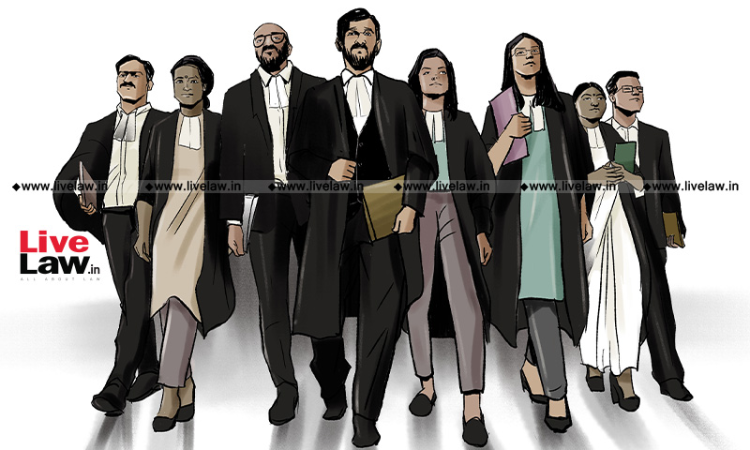BREAKING| Pay Rs.15K to 20K To Junior Advocates As Monthly Stipend : Madras High Court Directs Advocates
Upasana Sajeev
13 Jun 2024 1:30 PM IST

Next Story
13 Jun 2024 1:30 PM IST
The Madras High Court has asked advocates and senior advocates in the State rolls of the Bar Council of Tamil Nadu and Puducherry to pay a monthly stipend of Rs. 15,000 to Rs. 20,000 to Junior Advocates engaged with them. The bench of Justice SM Subramaniam and Justice C Kumarappan thus modified an earlier direction that the court had issued on Wednesday (12th June) asking the...
